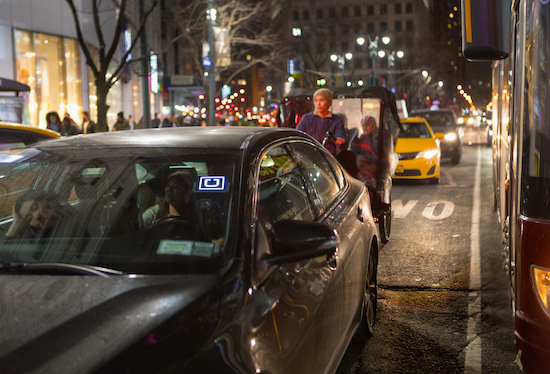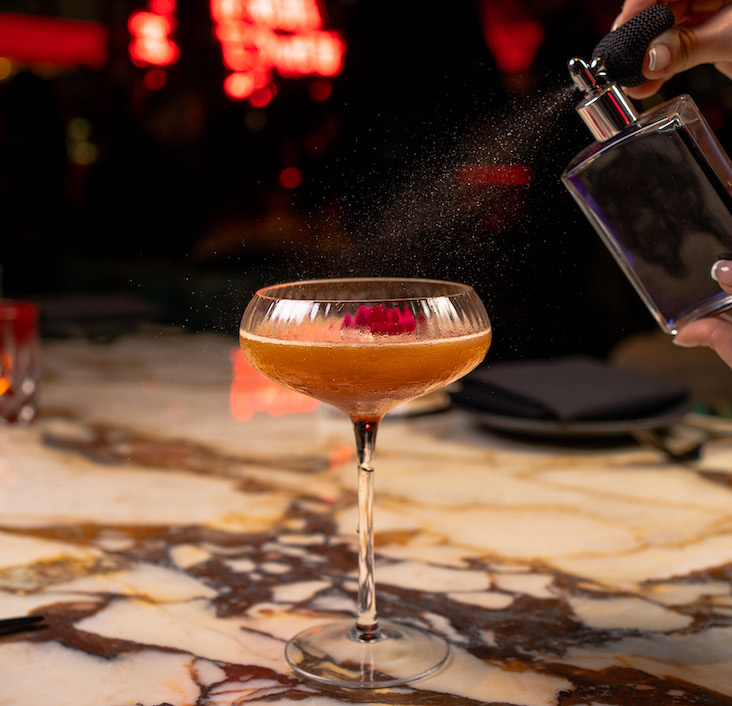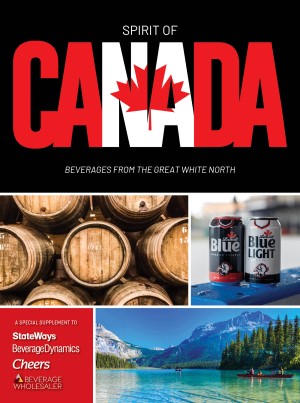Millions of late-night partygoers rely on ride-sharing services to get them to and from their favorite drinking spots safely and without risk of a DUI or an accident. But what if these services were no longer readily available unless you could prove you are sober enough to ride?
A recent AI patent filing is causing widespread speculation that the leading rideshare service is taking the risks and liability associated with transporting overly intoxicated passengers seriously.
Earlier this year Uber applied for a patent on AI technology designed to pick up behavioral abnormalities in would-be passengers. Specifically, the developing AI could detect how a ride seeker is holding their phone, frequent typos, walking speed and even unusual movement or swaying.
These characteristics alone could be indicative of a variety of user states ranging from sleepy, anxious, tired, and yes, possibly intoxicated. But these physical conditions are also the very reason why most people would want to request a ride, and why so many restaurants, bars and entertainment venues have enthusiastically supported and promoted Uber and Lyft to their patrons.
While there is surely a convenience factor in ridesharing, overall, it’s those that lack mental alertness and/or are intoxicated that truly need these services. The AI network may enable Uber drivers to deny service to customers who are perceived to be too intoxicated.
Reliance on rideshare options extends far beyond individual passengers. Most major airports, sporting venues and even local restaurants and bars have made accommodations to support pick-up and drop-off areas.
City governments incorporated the use and promotion of ridesharing services into alcohol license regulatory and zoning approvals to ensure that establishments serving alcohol take an extra step in helping patrons travel home safely.
While reliance on these services may be viewed by some as a broad delegation of commercial host responsibilities in preventing overconsumption, the widespread use of rideshare services has helped in lowering the incidents of DUI, traffic and parking congestion. It’s also reduced the liability to restaurants and bars resulting from patron’s overconsumption and irresponsible choices in driving home.
Adding an AI screening factor could leave many loyal passengers vulnerable and even wrongfully labeled. Can AI replace direct visual observation and the face-to-face interaction traditionally used in field sobriety tests to detect intoxication or the accuracy of a breathalyzer device? Patrol officers would likely answer “no,” along with the thousands of bartenders and servers that rely on visual observations to detect intoxication.
Guessing at sobriety?
Key indicators of intoxication, drug use or other mental impairments such as slurred speech, dilated pupils and overall alertness are likely beyond the reach of AI targeted at detecting abnormal movement. But anyone that has the common “excuse any typos” message at the end of an email signature or uses a military grade phone case knows that these particular abnormalities are more frequently a sign of multitasking and rushing than they are of intoxication. Without more targeted and direct interaction, it seems the proposed AI may simply be guessing at passenger sobriety and alertness.
The risk of misclassification or misidentification of intoxication seems too high for the unknown benefit of refusing service and possible harm associated with leaving loyal passengers stranded. More important, how private is this information, how will it be recorded and what may be the ramifications of a false “drunk passenger” label?
Evidentiary rules are generally slow to evolve and catch up with developing technology. But rideshare records are increasingly being investigated for evidence of an individual’s location or support for an alibi.
Will prior “drunk passenger” alerts, whether accurate or not, be subject to review or used as support for any allegation of misconduct? Could the risk of being misclassified deter otherwise responsible choices in using a rideshare option? Unless these questions can be positively resolved, the purpose of the proposed AI may need some reconsideration.
Rideshare providers clearly have some safety issues to consider for both customers and employees in light of recent allegations of driver assault and unruly passengers. Detection of risk should, nonetheless, come from more direct observations and interaction between driver and passenger.
For example, rideshare providers may want to consider a pre-pick-up voice call to confirm location and pickup time, more stringent driver requirements, vehicle video or voice monitoring and emergency-alert devices for passengers and drivers.
What’s more, rideshare providers can focus on developing more internal protocols for refusing service to an intoxicated individual. These might include alerting law enforcement, requiring emergency contacts on active accounts and requiring drivers to complete training on identifying intoxication, like most bartenders need to complete for responsible-server certifications.
Marbet Lewis is a partner at LewisFox Law in Coral Gables, FL. She focuses her practice on the laws governing the alcohol industry and the manufacture, importation and sale of alcohol beverage products.








[…] Go to Source Author: Melissa Dowling […]